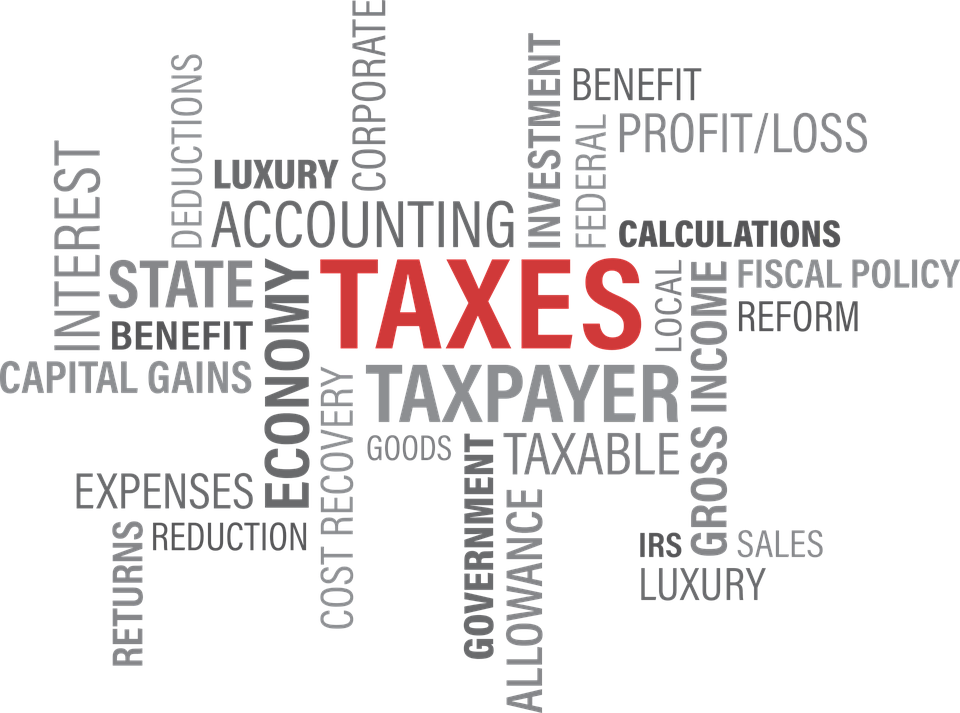Each year during tax season, there is a group of taxpayers who choose to be surprised at how much tax liability they have on their earned income. This group often includes self-employed taxpayers (photographers, freelancers, consultants, etc.) who do not have an employer withholding taxes from their paycheck, and therefore, may have no federal taxes paid by Tax Day.
One way taxpayers can avoid the Tax Day surprise is by making estimated tax payments. Estimated tax payments are payments sent to the IRS on a quarterly basis throughout the year. The benefit of these payments is that taxpayers can better plan their budget and won’t have to worry about coming up with a large sum of funds at once. Also, if enough tax is not paid in a timely manner through withholding or estimated payments, taxpayers may be subject to an underpayment penalty.
To get a better idea of how much each payment should be, as well as the amount of total tax liability, the National Association of Tax Professionals recommends working with a qualified tax preparer, as there are many nuances self-employed taxpayers may not realize when it comes time to file their returns and make estimated payments, including deductible items and various credits. There are also payment deadlines taxpayers must meet in order to avoid late fees.
Taxpayers looking to make estimated payments to cover their tax liabilities should bring the following items when meeting with their tax professional:
- Estimate of all income for the year (wages, taxable interest, IRA distributions, Business income, other income, etc.)
- Estimate of adjustments to income and deductions from income (charitable contributions, mortgage interest, property tax, medical expenses, etc.)
- Estimate of expenses for various credits (child and dependent care expenses, education expenses, IRA contributions, residential energy improvements, etc.)
- Copy of prior year tax return (if completed elsewhere)To learn more about the National Association of Tax Professionals, or to find a qualified tax professional in your area, visit natptax.com.
Thanks for reading CPA Practice Advisor!
Subscribe Already registered? Log In
Need more information? Read the FAQs




